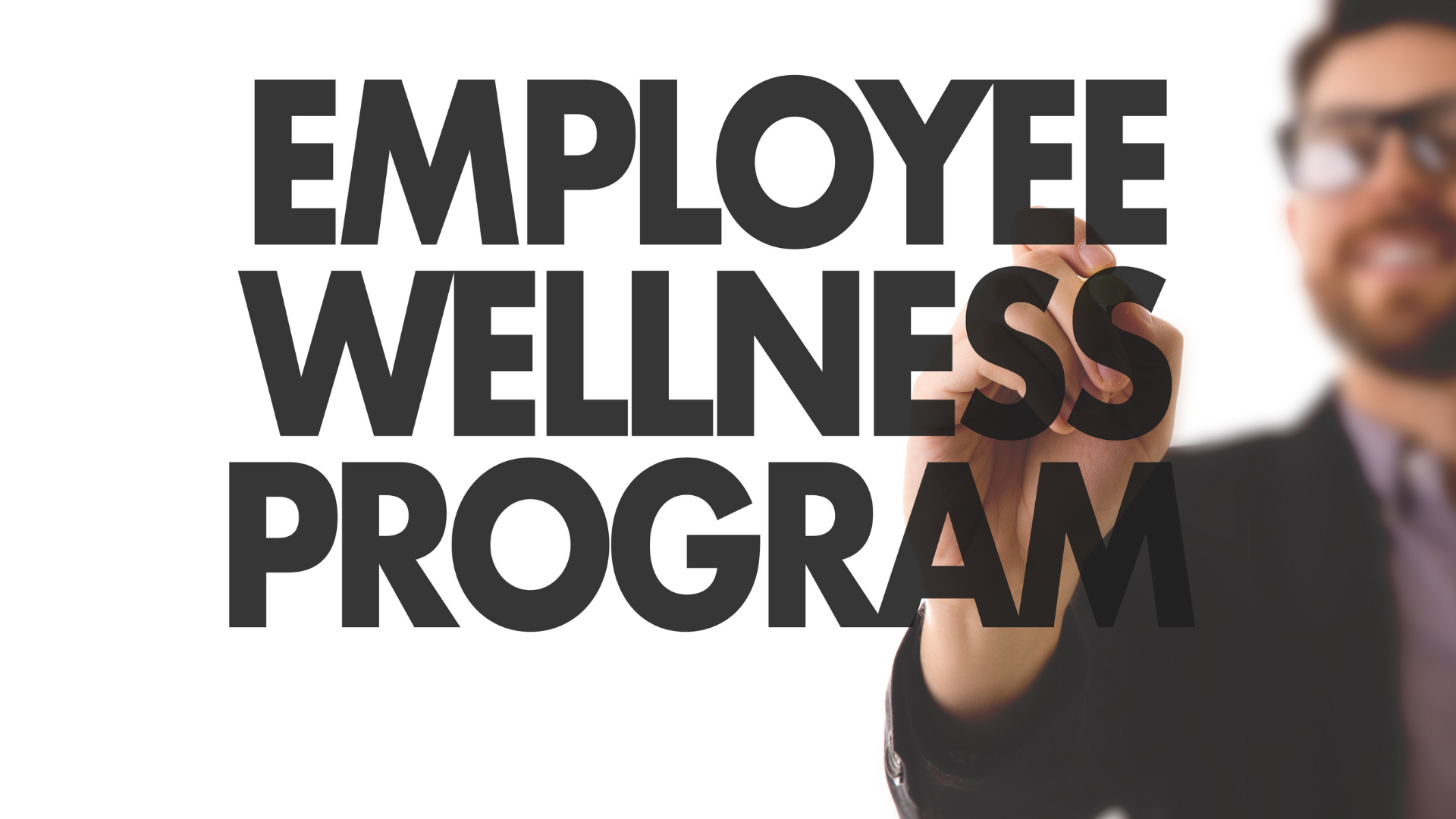At FocusU, we often say this: growth doesn’t happen by accident – it happens by feedback.
Our experience tells us: Almost everyone wants to improve. Everyone aspires to become a better version of themselves – as a professional, as a leader, as a teammate.
But there’s one crucial problem: You can’t improve what you can’t see.
And that’s where feedback steps in. It holds up a mirror to us – sometimes gently, sometimes starkly – but always with the potential to spark meaningful change.
The Two Sides of Self-Awareness: Internal and External
Table of Contents
Self-awareness is the foundation of personal and professional growth. But real self-awareness isn’t just about knowing yourself internally – it’s also about understanding how others experience you.
There are two distinct, independent aspects to it:
- Internal Self-Awareness:
Having a clear perception of your strengths, weaknesses, thoughts, beliefs, motivations, and emotions. - External Self-Awareness:
Understanding how others perceive your attitude, behaviors, and responses.
While many people are fairly good at internal self-knowledge, it’s the external self-awareness where surprises are often hidden. Because the truth is, we don’t see ourselves the way others do – and without feedback, we stay trapped in that blind spot.
The Fear (and Need) for External Feedback
Seeking feedback often triggers discomfort. Why?
Because it clashes with two powerful human needs:
- The desire to be liked.
- The desire to feel competent.
Hearing about our shortcomings feels like a threat to both. And yet, without confronting these uncomfortable truths, real growth remains elusive.
This is hardly a new realization. More than 500 years ago, poet-philosopher Kabir Das captured this truth:
“Nindak niyare rakhiye, aangan kuti chhaway. Bin sabun paani bina, nirmal kare subhaye.”
(Keep your critic close to you; give them shelter. For without soap and water, they cleanse your character.)
Despite knowing this, most of us naturally bask in praise and shy away from criticism.
The irony? The very thing we resist is the thing we most need to grow.
The “Self-Aware Unicorns”
In our work, we’ve seen a few rare individuals who truly excel at receiving feedback. Organizational psychologist Dr. Tasha Eurich calls them “self-awareness unicorns.”
What sets them apart?
- They intentionally seek out feedback, not just passively wait for it.
- They curate a small circle of “loving critics” – trusted colleagues or mentors who genuinely care and have enough visibility into their behavior.
- They don’t ask vague questions like “Any feedback for me?” (which rarely yields useful responses). Instead, they ask specific questions tied to areas they want to improve.
In our experience, asking better questions unlocks better feedback.
Instead of:
- “How am I doing?”
Try:
- “In the last team meeting, did you feel I communicated the goals clearly?”
- “When working with me on the XYZ project, was there something I could have done differently to support the team better?”
Specificity reduces defensiveness – and invites honesty.
Overcoming the “MUM Effect”
Even when people want to help us grow, there’s a hidden obstacle: the MUM effect.
The MUM effect refers to the tendency to avoid delivering bad news or criticism, even when it’s needed. People hesitate because they don’t want to hurt feelings, damage relationships, or face an awkward confrontation.
In our workshops, we’ve noticed:
- Feedback givers often soften or skip difficult truths.
- Feedback receivers often hear only the positives and filter out the rest.
The only way to counter this? Create psychological safety.
When asking for feedback:
- Make it clear you want honest input.
- Express gratitude – even (especially) for the hard truths.
- Avoid becoming defensive or justifying immediately.
Feedback is a gift.
If you punish people for giving it, they will stop giving it.
Related Reading: How To Give Effective Feedback?
Taking Charge of Your Own Feedback Journey
In our experience, the individuals who grow the fastest are the ones who actively own their feedback loops.
Here’s a simple framework you can apply:
-
Pick One Focus Area:
Trying to improve everything at once is overwhelming. Choose one skill or behavior to work on at a time.
-
Identify Your Loving Critics:
Select 4-5 people who observe your work closely and whose opinions you trust.
-
Set Expectations:
Tell them what specific feedback you’re seeking, and why their input matters.
-
Baseline First:
Gather initial feedback to understand where you stand today.
-
Action and Progress:
Create a concrete, time-bound plan to improve based on the feedback.
-
Repeat Feedback Cycles:
After a few months, check back in: “Have you noticed any difference in the area we discussed?”
360° Feedback: A Broader Mirror
Many organizations today leverage 360° feedback, where input is collected from:
- Managers
- Peers
- Direct reports
- Sometimes even customers
When done well, 360° feedback:
- Reveals hidden blind spots.
- Encourages holistic development.
- Builds empathy and cross-functional understanding.
But a word of caution – trust is the foundation. If employees believe that 360° feedback will be used punitively (e.g., for appraisals), they will resist it. Done right, 360° feedback is a gift, not a weapon.
At FocusU, we have noticed that the most effective 360° programs are positioned clearly:
“This is about helping you grow, not judging your worth.”
Related Reading: How learning through a self-paced course enabled leaders to give constructive feedback,driving employee performance
Why Feedback Culture Matters for Organizations
Organizations that embrace feedback aren’t just “nicer” places to work. They are stronger, more resilient, and more innovative.
In our experience, companies with strong feedback cultures see:
- Faster learning cycles
- Higher engagement and retention
- Better leadership pipelines
- More inclusive, open communication
When feedback is normalized – not weaponized – growth becomes part of everyday life.
Building a Feedback-First Mindset
For feedback to truly work, it must shift from being a once-a-year event to an everyday conversation.
Simple micro-habits can make a difference:
- After a project wraps up, ask: “One thing I did well, one thing I could do better?”
- After a presentation, ask: “Was the message clear? Anything you would change?”
- During 1-on-1s, normalize asking: “How can I support you better?”
The more regular and normal feedback becomes, the less threatening it feels.
Final Thoughts: Feedback is a Superpower – If You Let It Be
Receiving feedback gracefully isn’t easy. It challenges our ego. It makes us vulnerable. But it also makes us limitless. Every piece of feedback, no matter how uncomfortable, is a doorway. A doorway to better leadership, better collaboration, better self-awareness. At FocusU, we believe feedback isn’t just an HR tool. It’s a life skill.
The next time you receive feedback – pause.
Breathe.
Listen deeply.
And ask yourself:
“What might this be teaching me?”
Because the best version of you is waiting on the other side of that question.













